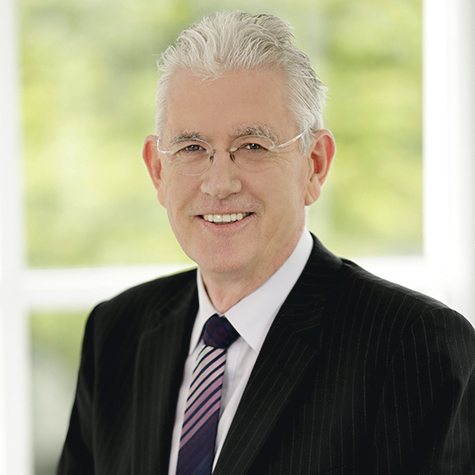Aged Care Principles ‘will help drive reform’
Taskforce’s recommendations reflect National Seniors’ call for a simpler, fairer system.

Draft Principles
The system should enable and encourage participants to remain in their home for as long as they wish and can do so.
Aged care funding arrangements and their outcomes should be fair, simple, transparent and sustainable.
Government is and will continue to be the major funder of aged care. Government funding should be focused on care costs. Personal contributions should be focused on accommodation and everyday living costs with a sufficient safety net.
Government and participant contributions should be sufficient to provide quality and appropriate care delivered by a skilled workforce, allowing and encouraging innovation by the health, hospital, and aged care systems.
There should be accountability for funding received from government and participants, how it is spent, and the quality of the services provided.
The residential sector should have access to sufficient, and new, capital to encourage the development of new accommodation and upgrades to existing accommodation.
National Seniors Australia has welcomed the announcement by the Aged Care Taskforce of its draft Aged Care Principles.
Chief Advocate Ian Henschke said these guiding principles (see list, at right) will help drive the much-needed reforms and reflect what National Seniors' members and the wider community have been telling us for years.
“Older people tell us they want to stay in their own home and not go into an aged care home, so we’re pleased this is one of the key priorities,” Mr Henschke said.
“We also have long called for a simpler, fairer, more transparent system. This is now listed as a key part of the way forward.
“Most importantly, accountability for all funding received is now enshrined, so taxpayers and care recipients can have confidence in the system they pay for.”
Mr Henschke said the principles “are a good way to start the funding reform process, along with the commitment to community consultation”.
“Older people, their families and the community should have their faith restored in aged care, which is a fundamental part of Australia's health care system,” he said.

National Seniors surveyed 10,000 older people about their views on aged care funding reform.
We found that 57% of older people accepted the principle that government would need to increase taxes or consumer contributions to fund aged care.
From this survey, we put forward a set of principles which we believe should help to guide the reform process.
Aged care providers must demonstrate full financial transparency when spending public and private funds.
Any additional taxes or consumer contributions should be introduced incrementally.
People with limited means should not be required to contribute to aged care costs.
Consumer contributions should only be charged for those with adequate capacity to pay.
There should be meaningful public consultation on funding reforms.
National Seniors is pleased that several of these principles have been incorporated into the government’s own principles.
“We will be working with other consumer organisations to respond to the government's proposed principles as part of the ongoing consultation,” Mr Henschke said.







